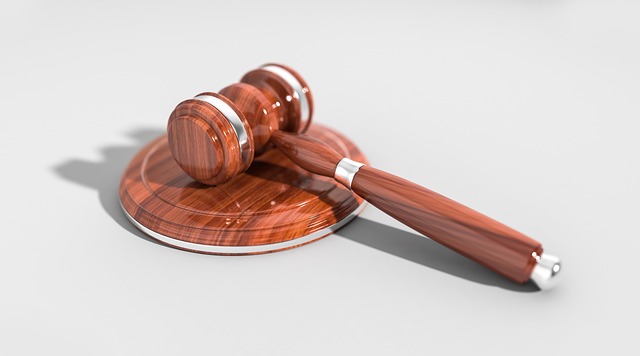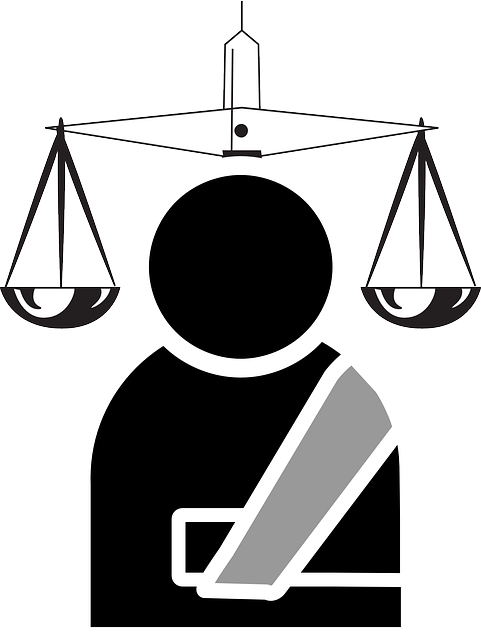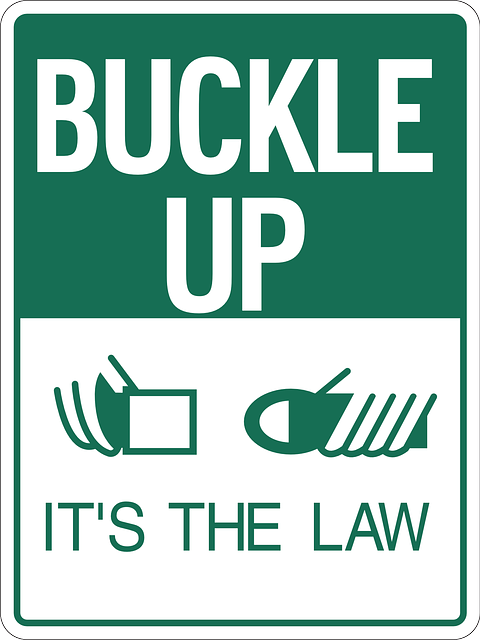A medical malpractice claim is a legal process where patients seek justice for harm caused by healthcare professionals' negligence, such as misdiagnosis or incorrect treatment. It involves meticulous record review, expert analysis, and demonstrating a breach of the standard of care. Unlike other disputes, medical malpractice emphasizes life-altering consequences, requiring strong evidence to navigate complex legal procedures. Initial steps include collecting medical records, consulting a specialized attorney, filing a formal complaint detailing negligence and damages, and documenting communication with insurance providers. Victims often struggle due to complex procedures and costs but can access resources like legal aid organizations, non-profit groups, and support networks for fair compensation.
Seeking Justice: Where Victims Can Find Fair Compensation for Medical Malpractice
Medical mistakes can have devastating consequences, leaving victims seeking answers and justice. If you’ve experienced medical malpractice, understanding your rights is crucial. This article guides you through the process of claiming compensation. We’ll explore what medical malpractice claims entail, providing a clear roadmap to navigating this complex journey. From recognizing the steps involved to uncovering available resources, gain insight into ensuring fair redress for your suffering.
- Understanding Medical Malpractice Claims: What They Entail
- Navigating the Process: Steps to Seek Compensation
- Resources and Support for Victims of Medical Malpractice
Understanding Medical Malpractice Claims: What They Entail

Medical malpractice claims are legal actions taken by patients who have suffered harm due to the negligence or misconduct of healthcare professionals. These claims involve a thorough examination of medical records, expert opinions, and a careful assessment of whether the care provided deviated from accepted standards. When a patient’s health is negatively impacted by a doctor’s mistake, such as misdiagnosis, incorrect treatment, or medical errors, they may be entitled to compensation for their injuries.
Understanding what constitutes a valid medical malpractice claim is crucial. It often requires navigating complex legal procedures and presenting compelling evidence to prove that the healthcare provider breached their duty of care. Unlike other types of disputes, such as employment contracts or insurance disagreements, where the focus might be on contractual terms or policy interpretations, malpractice claims emphasize the standard of care expected from medical professionals and the potential impact on patients’ lives.
Navigating the Process: Steps to Seek Compensation

Navigating the process of seeking compensation for medical malpractice can be a daunting task. The first step is to gather all relevant medical records and documentation related to the incident, as these will be crucial in building your case. It’s essential to consult with an experienced attorney specializing in medical malpractice claims to understand the legal options available. They will guide you through each step, ensuring you meet all necessary deadlines and comply with local regulations.
Once ready, file a formal complaint with the appropriate authority or court, detailing the negligence and resulting damages. In cases involving insurance coverage disputes, it’s vital to have comprehensive documentation of all communications and attempts at resolution. While navigating these legal procedures, remember that victims of medical malpractice, including those suffering from truck accident injuries or wrongful death claims, deserve fair compensation for their suffering.
Resources and Support for Victims of Medical Malpractice

Victims of medical malpractice often face a challenging journey to seek justice and fair compensation for their suffering. Fortunately, numerous resources and support systems are available to help them navigate this process. Legal aid organizations and non-profit groups play a pivotal role in assisting individuals who cannot afford legal representation. These entities provide guidance on understanding medical malpractice claims, explaining complex legal procedures, and helping victims connect with qualified auto accident lawyers specializing in these cases.
Additionally, support networks for survivors of nursing home abuse or other forms of healthcare negligence can offer much-needed comfort and resources. Such groups facilitate the sharing of experiences, foster community among victims, and help raise awareness about the issue. They also provide information on available compensation options, ensuring that victims’ rights are protected and they receive fair compensation for their pain and suffering.
Victims of medical malpractice have a right to seek fair compensation for the harm they’ve suffered. By understanding the process, taking proactive steps, and accessing available resources, individuals can navigate their journey towards justice and healing. Remember that seeking legal counsel is crucial in navigating a medical malpractice claim effectively.






